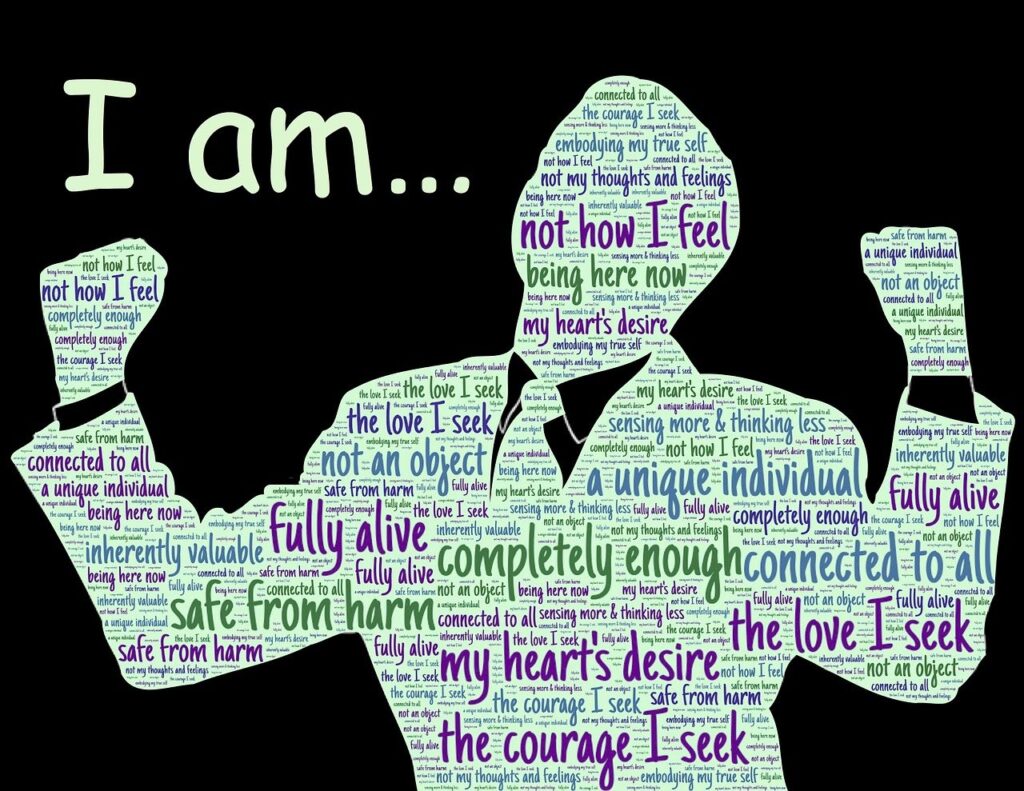
Although ADHD is a neurodevelopmental condition that affects people of all ages, adults with ADHD often face stigmas that can be both isolating and demoralizing. Below are some of the ways adults can overcome the stigma of ADHD by embracing their unique qualities and making ADHD an integral part of their identity.
- Understanding ADHD – The first step in overcoming stigma is understanding ADHD itself. ADHD is not a character flaw or a lack of willpower; it is a complex neurobiological condition that influences how the brain functions. By educating yourself about the science behind ADHD, you can begin to reframe your perspective and view it as a part of your identity rather than a hindrance.
- Challenge Stereotypes – Society often perpetuates stereotypes about ADHD, portraying individuals as lazy, unmotivated, or undisciplined. It’s crucial to challenge these stereotypes and recognize that ADHD comes with a unique set of strengths, such as creativity, resilience, and the ability to think outside the box. By embracing these positive aspects, you can redefine your narrative and take pride in your individuality.
- Build a Supportive Community – Connecting with others who share similar experiences can be a powerful way to overcome the stigma of ADHD. Joining support groups or online communities allows you to exchange stories, strategies, and coping mechanisms with people who understand your challenges. Local groups, in particular, can provide emotional support in a safe, non-judgmental setting. Building a network of supportive individuals can help you feel less isolated and more empowered. Everyone’s experience with ADHD is unique, and finding a community that resonates with you can be a transformative step in embracing your ADHD and turning it into a source of strength.
- Own Your Strengths – Every individual, including those with ADHD, possesses a unique set of strengths and talents. Rather than focusing solely on perceived shortcomings, celebrate your accomplishments and strengths. Whether it’s your ability to hyperfocus on tasks you’re passionate about or your creative problem-solving skills, acknowledging and embracing these strengths can boost your self-esteem and confidence.
- Build resilience – In the journey of navigating life with ADHD, building resilience and cultivating self-compassion emerges as a pivotal cornerstone. In the face of setbacks, developing resilience allows you to bounce back, adapt, and persevere. Embracing resilience involves recognizing that setbacks are a natural part of the process and viewing them as opportunities for growth rather than insurmountable obstacles. Equally crucial is the cultivation of self-compassion—an understanding and acceptance of one’s own limitations and imperfections. Rather than succumbing to self-criticism, learn to treat yourself with kindness and understanding, acknowledging that everyone faces challenges and that it’s okay to seek support. Together, resilience and self-compassion provide a solid foundation for navigating the complexities of ADHD, fostering a positive mindset, and empowering individuals to thrive in their unique strengths.
- Develop Coping Strategies – We live in a world that doesn’t easily accommodate neurodiverse individuals. Understanding your ADHD and developing effective coping strategies is crucial in navigating the challenges that may arise. Establishing routines, breaking tasks into smaller, manageable steps, and utilizing tools like planners or apps can help you “level up” executive function skills and stay organized and focused. By taking control of your environment and developing coping mechanisms, you demonstrate resilience and adaptability.
- Seek Professional Support – If necessary, consider seeking professional support from psychologists, coaches, or therapists specializing in ADHD. They can provide valuable insights, practical strategies, and emotional support tailored to your unique needs. Professional guidance can empower you to navigate challenges, build self-awareness, and develop a positive mindset.
Overcoming the stigma of ADHD involves a journey of self-discovery, acceptance, and empowerment. By using these strategies, you can transform ADHD from a source of stigma into a powerful aspect of your identity. Remember, you are not defined by your challenges but by your ability to embrace and grow from them.
References
- https://www.additudemag.com/adult-adhd-symptoms-bias-stigma/—
- https://www.psychologytoday.com/us/blog/a-means-of-ingress/202312/embracing-an-adhd-identity—
- https://www.fastbraiin.com/blogs/blog/overcome-negative-stigma-of-adhd—
- https://attncenter.nyc/unlock-your-adhd-superpowers-the-amazing-advantages-of-having-adhd/—


